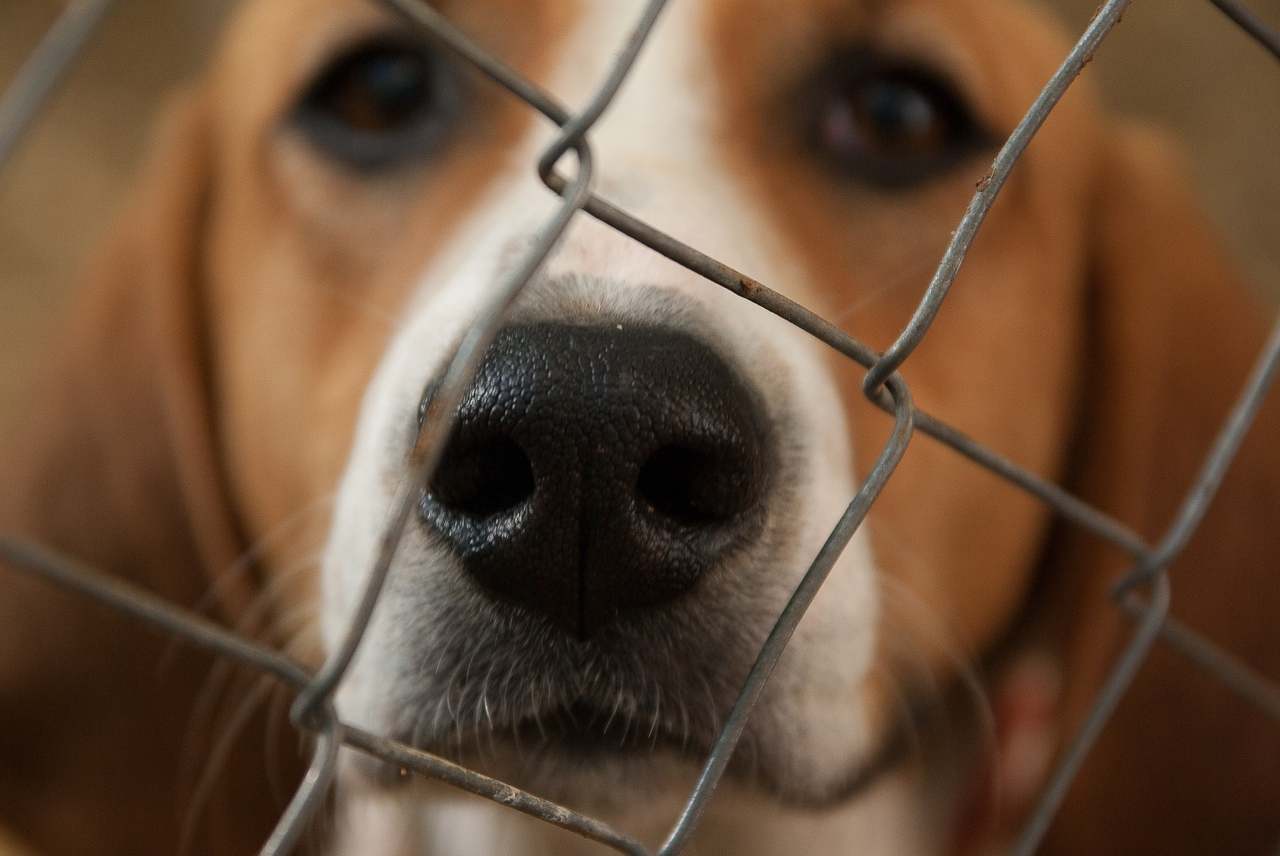For decades, animals have been used to test the effect that products might have on humans and the environment. Almost all of the ingredients that go into our cosmetics have been tested on animals at some point, even water.
Why do some companies still test on animals?
Most companies say that animal testing in relation to cosmetics is conducted to test for the safety of finished products or their ingredients.
Animal testing on finished cosmetic products is relatively uncommon, but ingredient testing is still commonplace. Those ingredients go on to be used in various industries, including cosmetics and household products.
Animal testing is primarily driven by safety and environmental laws. For a product or ingredient to be sold in a given market (for example the EU) the company must “prove that it is safe” and sometimes this must legally be done through testing on animals.
Is animal testing effective?
Animal rights campaigners and many scientists say that animal testing is unreliable and cannot accurately predict reactions in humans: animals’ biology is just too different to our own.
Around 90% of drugs which appear to work in animals go on to fail in clinical trials with humans. As early as 1962, scientists began to show that tests in rats and dogs did not effectively predict responses in humans – and that any correlation was “essentially random chance”.
And yet, the campaign group Humane Society International (HSI) estimates that 500,000 animals are used for testing in the cosmetics industry every year.
The vast majority of these animals are likely to be tested on in China, the only country in the world that has legal requirements for animal tests to be conducted on all finished cosmetic products that are entering the market.








